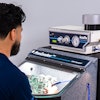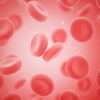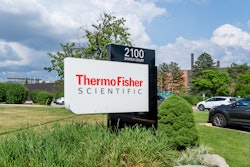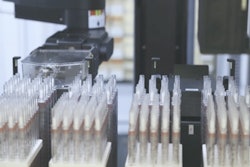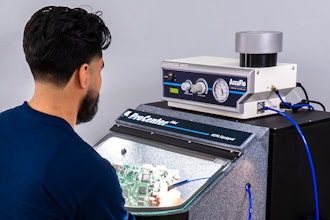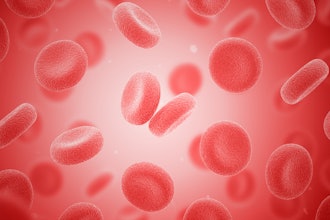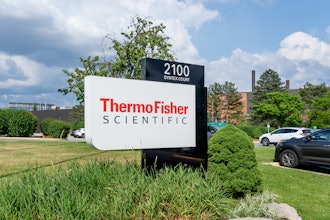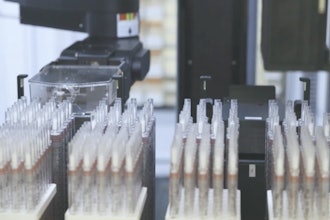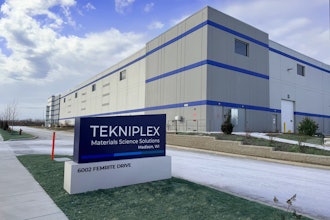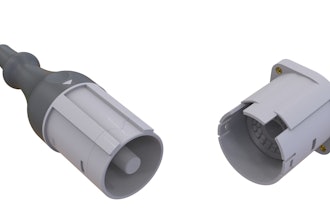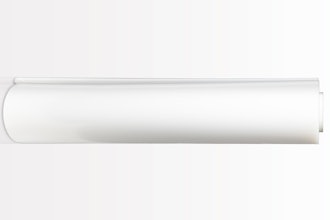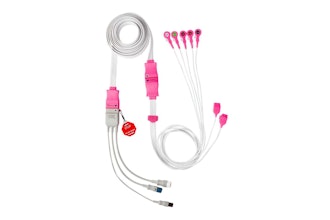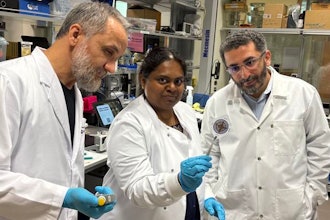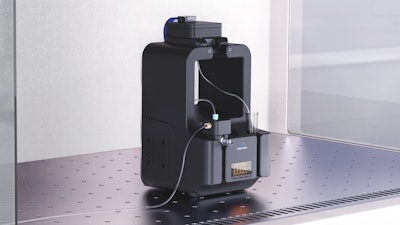
Indee Labs is a biotechnology company developing the Hydropore for non-viral intracellular delivery. The team at Indee Labs was recently awarded an additional contract from the National Cancer Institute of the National Institutes of Health to scale up and out the Hydropore platform for cell therapy.
"With the help of Justin Eyquem's lab at UCSF, we were successful in completing our first contract with the National Cancer Institute covering knock-ins to T cells with improved in vitro function over electroporation. The team at Indee Labs is excited to continue our work together in scaling up and out Hydropore for cell therapy development and manufacturing" said Ryan Pawell, Chief Executive Officer of Indee Labs.
As part of the Phase II contract, the Hydropore platform and protocols will be optimized for single-step, leukapheresis-scale processing of gene-edited CAR-T cells using both adeno-associated virus (AAV) and DNA for knock-ins. Improvements in CAR-T cell function and efficacy will be further verified relative to industry standard electroporation platforms in vivo using established mouse models at UC San Francisco.
The team at Indee Labs has already made multiple advancements in the field of intracellular delivery. Key advantages of the Hydropore platform include increased yield and improved function of modified cells relative to multiple industry standard electroporation and nascent delivery platforms. Currently, a single microfluidic Hydropore chip can rapidly process tens of millions of cells in seconds using existing, non-toxic GMP-grade buffers without the need for multiple instruments to go from small to medium scale processing. This contract will enable single-step, large-scale processing of CAR-T cells and similar modified immune cells – the gentle nature of Hydropore™ has already been shown to improve the expansion of rare and challenging cell types such as genome edited regulatory T cells and NK cells.


